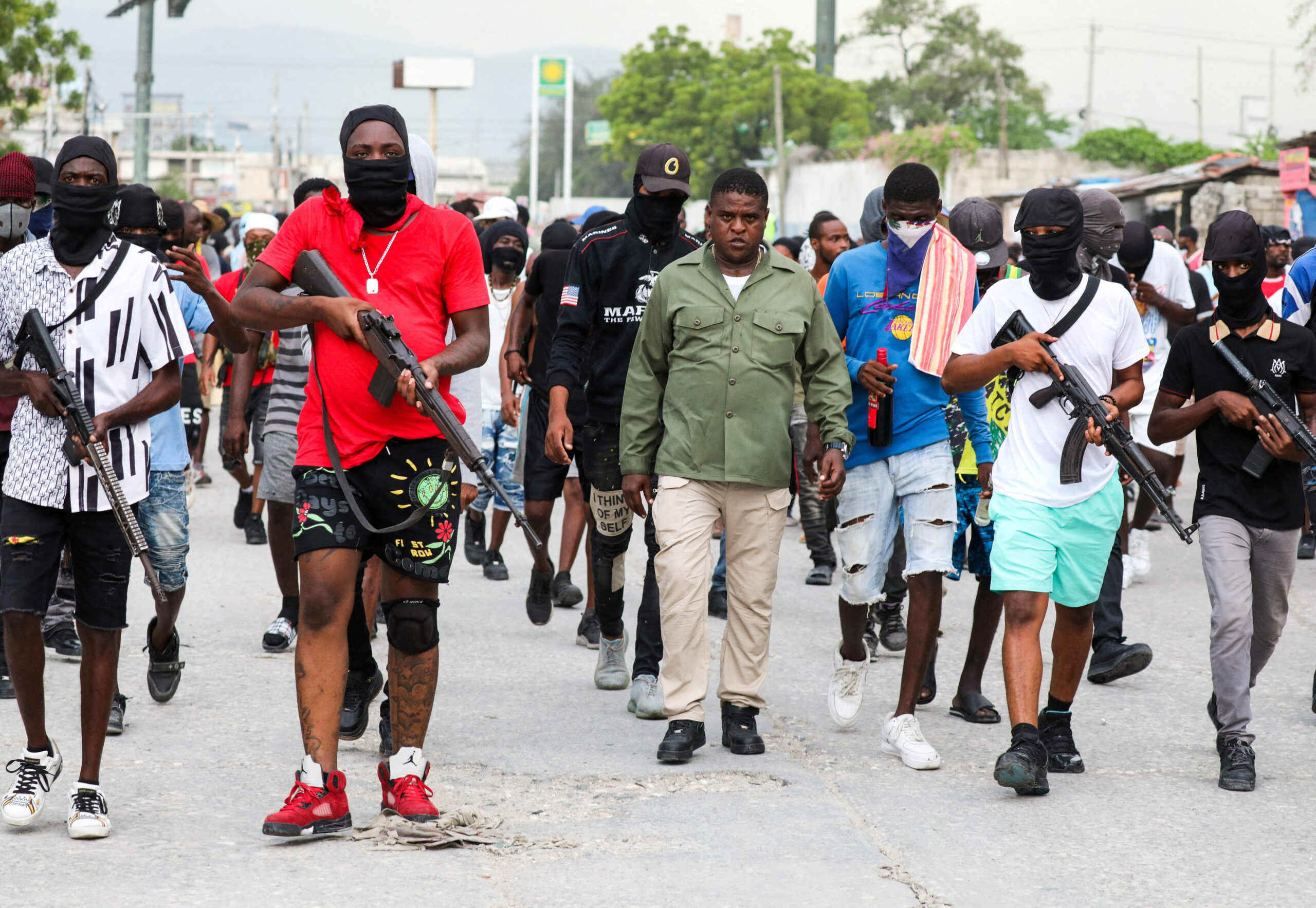Is there a secret to longevity? This health expert says 1,000% yes
In the era of social media, post-COVID, and with mental health at the forefront, a shift is taking […]

The multinational mission led by Kenya, with the aim of supporting the Haitian National Police in their fight against gangs, is expected to encounter numerous challenges, as warned by a report from the Belgium-based International Crisis Group.
The report highlights several obstacles, including corruption, connections between the police, politicians, and gangs, overcrowded prisons, a shortage of police officers, and the complexities of safeguarding civilians in urban warfare. The report also expresses scepticism about the deployment of the force, especially since it was approved by the U.N. Security Council a year after Haitian Prime Minister Ariel Henry urgently requested the mobilization of an international armed force in October.
The report underlines the critical importance of preparation in light of these challenges, stating the preparation will be of critical importance.
In a country with a population of over 11 million people, the estimated number of officers on duty at any given time is less than 10,000. Ideally, the U.N. suggests there should be around 25,000 active officers.
The report notes the police is completely outnumbered and outgunned by the gangs. Approximately 300 gangs exert control over an estimated 80% of Port-au-Prince, the capital, extending their influence northward into the island’s crucial agricultural regions.
In the previous year, gangs were suspected of causing the deaths of nearly 4,000 individuals and kidnapping an additional 3,000, marking a significant increase compared to earlier years, according to U.N. statistics.
The rampant violence has forced over 200,000 people to flee their communities, with gangs setting homes ablaze and engaging in acts of killing and rape.
In a noteworthy development last August, Jimmy Cherizier, a former police officer widely regarded as Haiti’s most powerful gang leader, declared his intention to resist any foreign armed force engaging in abuses.
The authors of the report shared insights from a Haitian security expert who, fearing retaliation, chose to remain anonymous. The expert raised critical questions, like where are the prison facilities to accommodate thousands of gang members or what structures are in place to reintegrate these young people into society?
The International Crisis Group disclosed information obtained from two sources within Haiti’s National Police. These sources claimed that senior commanders had previously thwarted the capture of a powerful gang leader due to his alleged connections with politicians or the police.
Even if the mission proves successful, the report stresses the need for officials to interrupt the influx of weapons and ammunition into Haiti. Additionally, it underscores the importance of severing the strong bond between gangs and Haitian business and political elites.
As of now, the UN-backed multinational force is yet to deploy, pending a court ruling in Kenya. Several other countries, including Burundi, Chad, Senegal, Jamaica, and Belize, have committed troops to participate in the multinational mission.

In the era of social media, post-COVID, and with mental health at the forefront, a shift is taking […]

With its fast speeds and revolutionary potential, 5G stands out as a noteworthy milestone in the field of […]